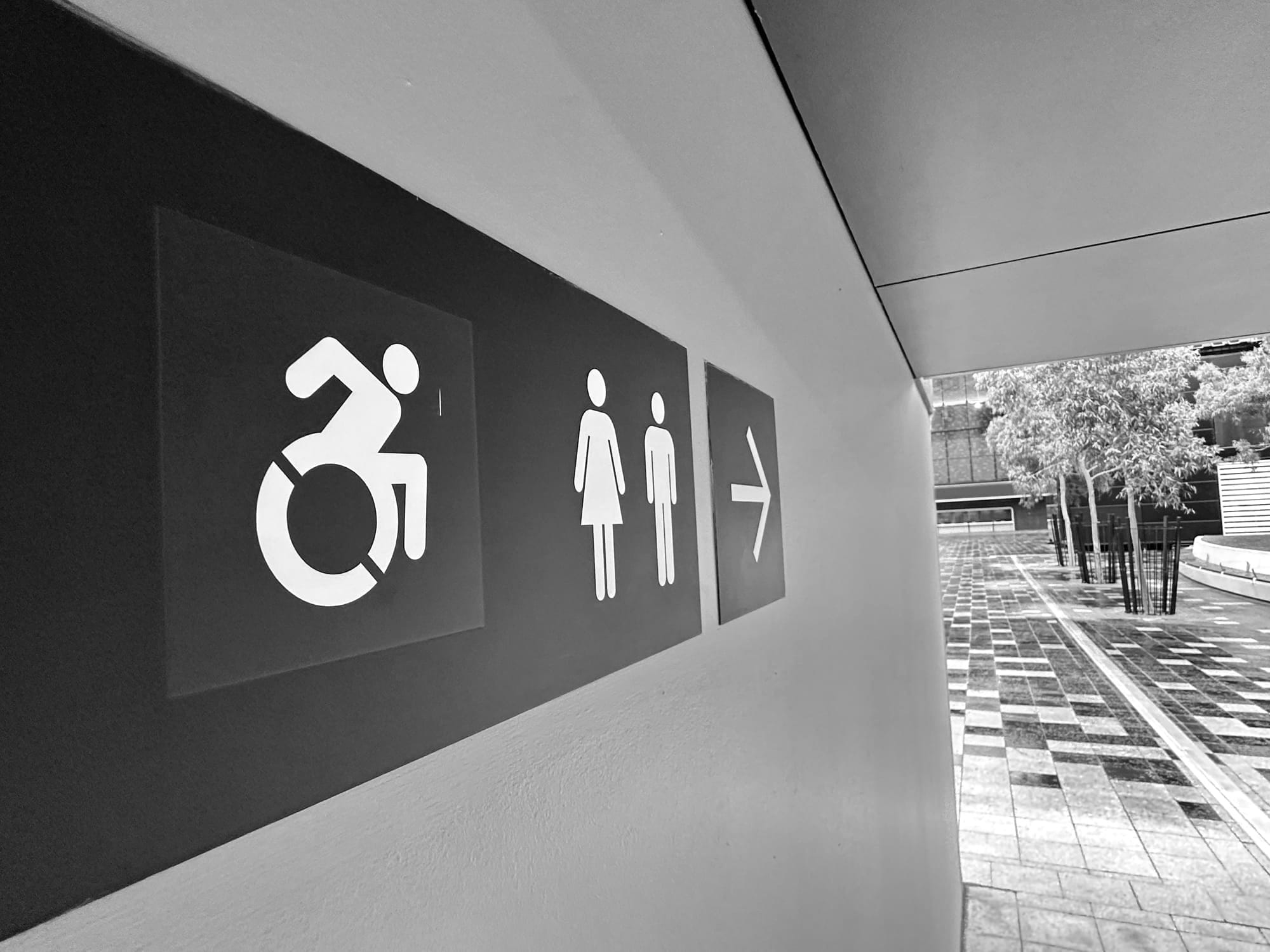California Officially Ends Subminimum Wages for Disabled Workers; DOL Considers Similar Action
California's ban on subminimum wages for disabled workers takes effect January 2025, aligning with the DOL's proposed federal phaseout of Section 14(c) certificates.

California's new legislation to end subminimum wages for workers with disabilities will take effect on January 1, 2025, marking a significant milestone in labor rights. This move comes as the U.S. Department of Labor (DOL) proposes a federal phaseout of the subminimum wage program authorized under Section 14(c) of the Fair Labor Standards Act (FLSA), signaling a potential shift nationwide.
Submit your public comment on the U.S. Department of Labor's proposed rule ending 14(c) subminimum wages for people with disabilities. The deadline is Jan. 17, 2025. https://t.co/DjmwZyUVVi
— National Council on Disability (NCD) (@NCDgov) December 9, 2024
California's Legislation
Under California Labor Code Section 1191.5(b), beginning in 2025, all employees with disabilities must be paid at least the state minimum wage or the higher applicable local minimum wage. This repeals a long-standing policy that allowed employers to pay workers with disabilities below the minimum wage through special licenses.
According to the California Labor Code,
“Commencing January 1, 2025...an employee with a disability shall not be paid less than the legal minimum wage required by Section 1182.12 or the applicable local minimum wage ordinance, whichever is higher.”
The state’s decision follows a multiyear effort involving stakeholders, including the State Council on Developmental Disabilities (SCDD), to develop a phaseout plan ensuring workers with disabilities transition to competitive, integrated employment opportunities.
Department of Labor's Proposal
The DOL's proposed rule to phase out Section 14(c) certificates represents a similar shift at the federal level. The certificates, established in 1938, allow employers to pay wages below the federal minimum to workers with disabilities if their productivity is affected. However, as noted in the DOL's announcement, employment opportunities for individuals with disabilities have expanded significantly since these rules were last updated in 1989.
The DOL explains in its proposal,
“...the Department has tentatively concluded that subminimum wages are no longer necessary to prevent the curtailment of employment opportunities for individuals with disabilities and thus proposes to phase out the issuance of section 14(c) certificates.”
If finalized, the rule would prohibit new Section 14(c) certificates from being issued and phase out existing certificates within three years of the rule's effective date. Public comments on the proposal will be accepted until January 17, 2025.
Preparing for the Transition
Employers, employees, and advocates alike are navigating this transitional period. While California has already set its plan into motion, the federal phaseout remains under consideration. Should the DOL’s rule take effect, it will further affirm that all workers, regardless of disability, deserve equitable pay for their contributions.
California’s bold move, coupled with the potential federal rule change, marks a pivotal moment in labor equity, reshaping how society values the contributions of workers with disabilities.






